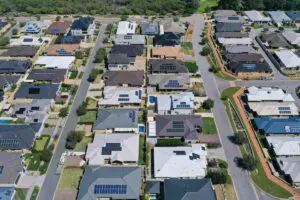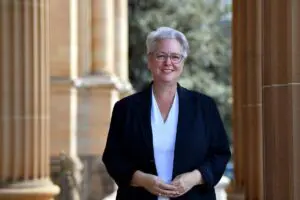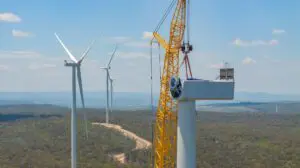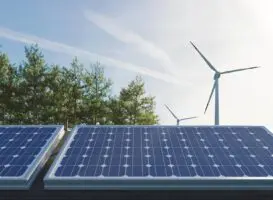Energy-related ideas have snagged four of 21 of the latest Cooperative Research Centres (CRC) grants program, with research projects running from solar panel recycling to green hydrogen production.
Solar and battery recycling, new sources of graphene for renewables, and an alternative method of producing green hydrogen secured $9.1 million of the latest $51 million CRC funding round.
News South Wales (NSW) solar panel recycler PV Industries received $3 million to develop machine learning algorithms to improve the economics and environmental outcomes of a large-scale, high-volume solar panel testing and recycling process.
Also entering the solar panel recycling field is a company called KGM Services, backed by Deakin and Newcastle universities, which is looking at how to assess which panels can be reused and which should be recycled for their parts.
A lithium-ion battery recycling process by a consortium that includes Envirostream Australia and Worley Services received $2.7 million, to process the ‘black mass’ from waste batteries into precursor material that can be re-used to manufacture new one.
The project aims to eventually treat up to 5.5 tonnes/year of black mass from NMC lithium-ion batteries and recover at least 80 per cent of the lithium, nickel, manganese, and cobalt metals as salts at greater than 90 per cent purity.
And energy storage company 1414 Degrees won $2.5 million for its recently announced hydrogen production system, which uses a reactor that uses stored renewable heat and decomposes methane via pyrolysis to yield hydrogen and solid carbon, but no CO2 emissions. It says the technology will be able to produce net-zero hydrogen continuously for about $US1/kg.
“These are practical benefits that help our whole community, creating new business opportunities and secure, well-paid jobs in the process,” said industry and science minister Ed Husic.
The CRC program started in 1990, with the federal government spending on the grants reaching $5.8 billion alongside $17.4 billion in cash and in-kind contributions from industry, research, government and community organisations.
Other recipients from this round include firefighting drones, airborne quantum sensors that can do environmental reporting, graphene recovery from plastics and tyres that can be resold into the renewable energy industry, and a method to recycle waste PVC.










